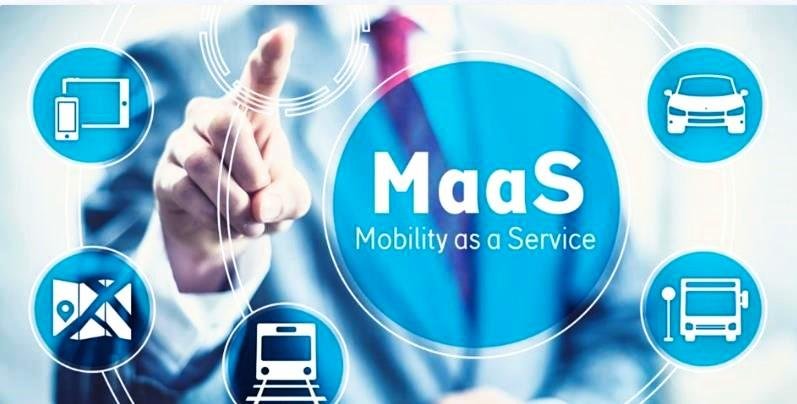In an era of increasing urbanization and digital connectivity, the traditional model of personal car ownership is being fundamentally challenged. This is the landscape where Mobility as a Service (MaaS) emerges as a revolutionary concept, poised to redefine how we navigate our cities. MaaS integrates various forms of transport services into a single, on-demand mobility service accessible through a digital platform. Instead of using multiple apps for ride-hailing, bike-sharing, and public transit, users can plan, book, and pay for their entire journey through one unified application. The transformative power of this integrated approach is undeniable, with industry analysis projecting the market will surge to a valuation of over USD 754.341 billion by 2032. This remarkable growth is anticipated to be driven by a robust compound annual growth rate (CAGR) of 17.4%, signaling a profound shift in global mobility patterns.
The magic of MaaS lies in its seamless integration of a diverse transportation ecosystem. At its core, a MaaS platform acts as a digital aggregator, bringing together a wide array of mobility options. This includes public transport like buses and trains, ride-hailing services such as Uber and Lyft, car-sharing and rental services, micro-mobility options like e-scooters and bike-sharing, and even traditional taxis. The platform’s journey planner uses real-time data to suggest the most efficient, fastest, or cheapest multi-modal route to a destination. Crucially, it combines these options with a single, integrated payment system. This eliminates the friction of buying separate tickets or managing multiple accounts, allowing a user to pay for a combined bus, scooter, and train trip with a single tap, either on a pay-as-you-go basis or through a monthly subscription bundle.
From the user's perspective, the benefits of MaaS are compelling, centering on unparalleled convenience and flexibility. It offers a viable and often more cost-effective alternative to the burdens of car ownership, which include expenses like insurance, fuel, maintenance, and parking. MaaS provides a personalized transport solution tailored to the user's specific needs at any given moment—a quick scooter ride for a short errand, a train for the daily commute, or a rental car for a weekend trip. This freedom of choice empowers users to make smarter, more efficient travel decisions. By bundling services into monthly subscription packages, MaaS platforms can also offer predictable transportation budgets, further simplifying the user's financial planning and encouraging a move away from the fixed, high costs associated with owning a private vehicle.
Beyond individual convenience, the societal implications of widespread MaaS adoption are profoundly positive. For cities grappling with chronic traffic congestion and air pollution, MaaS presents a powerful tool for change. By making public and shared transport more attractive and accessible, it can significantly reduce the number of private cars on the road, leading to less gridlock, lower carbon emissions, and improved air quality. The vast amounts of anonymized data generated by MaaS platforms also provide city planners with invaluable insights into mobility patterns and infrastructure gaps. This data-driven approach allows for more effective urban planning, optimization of public transport routes, and the creation of smarter, more livable, and sustainable cities for future generations.
Explore Our Latest Trending Reports:




